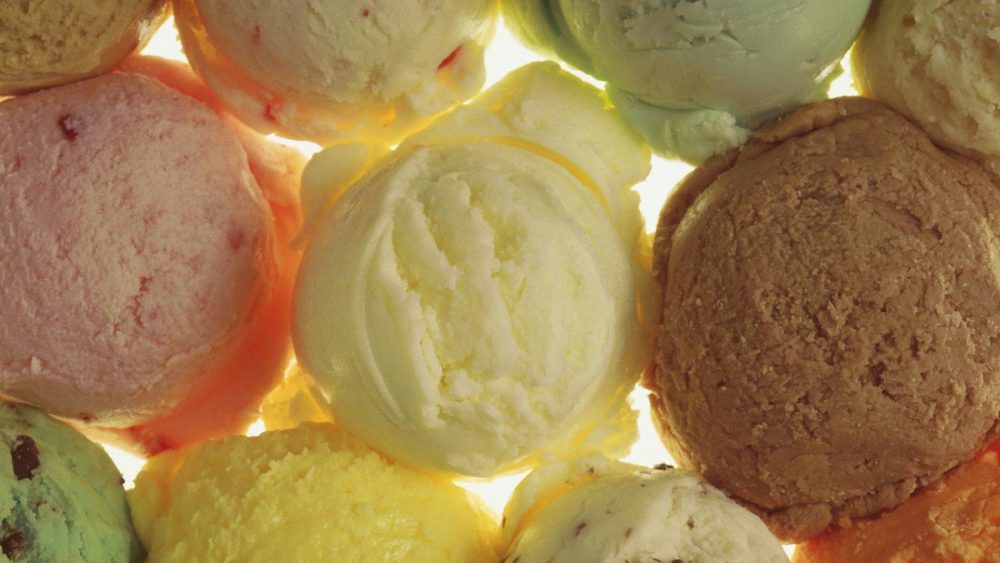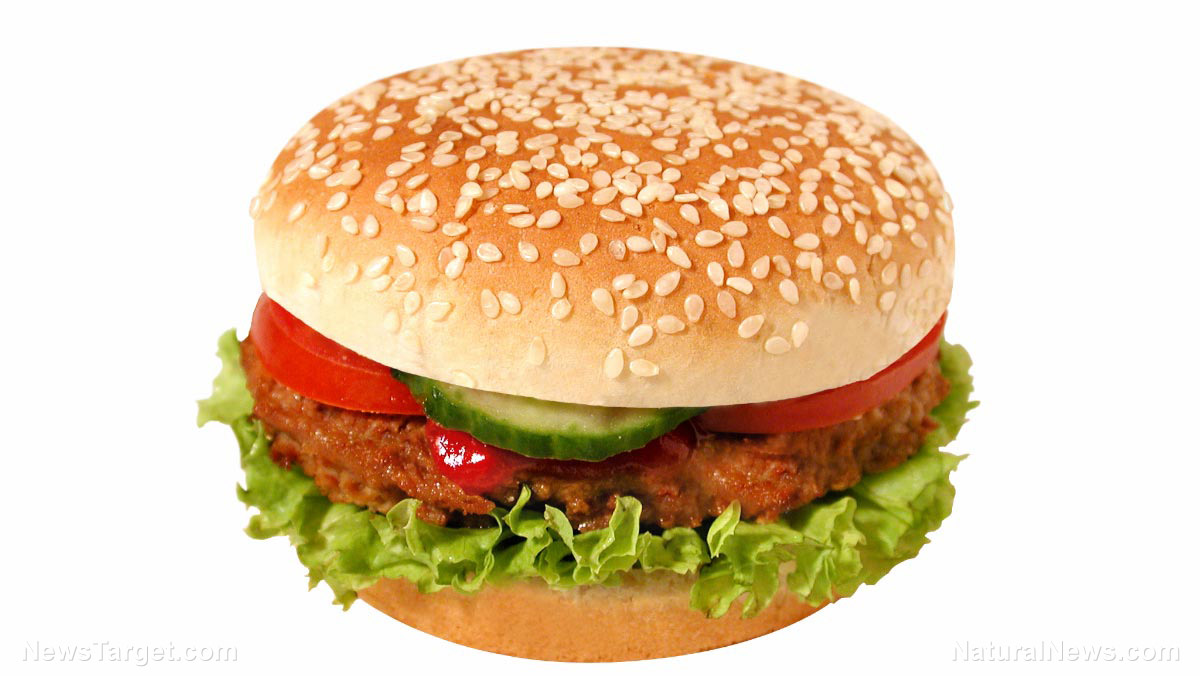
Advertisement
You won’t have to deal with sticky, dripping, and easily melting ice cream in the near future, thanks to researchers who found a way to solve this sticky problem. In their study, they found that small cellulose fibers extracted from the banana plant waste can be used in ice cream to slow down melting and prolong shelf life. The banana extracts can also be used as an alternative to fats used to make ice creams.
A team of researchers at the Universidad Pontificia Bolivariana in Colombia and the University of Guelph in Canada were in search for ways to solve the melting issue of ice creams with the use of banana plants. Banana plants are considered waste once the fruits are harvested. Thus, they aimed to test whether they could slow down melting and prolong the shelf life of ice cream with the use of a fibrous extract from banana fruit stems.
In the study, the research team extracted cellulose nanofibrils from ground-up banana stems. Then, they added those in ice cream at different concentrations, ranging from zero up to 0.3 grams (g) per 100 g of the sweet treat. After that, they analyzed the effects of the banana extracts on the ice cream with the use of different analytical tools, such as a rheometer and a texturometer.
Results revealed that adding the extracted cellulose fibers from banana caused the ice creams to melt much more slowly compared to traditional ice creams. Moreover, the researchers discovered that the banana extracts could extend the shelf life of ice cream, or at least reduce its sensitivity to temperature changes that happen when moved to and from the freezer.
The viscosity of low-fat ice cream also increased due to the banana extracts. In turn, it enhanced the creaminess and texture of the dessert. This also indicated that the banana extracts used could also help stabilize the fat structure in ice creams, according to Jorge Velásquez Cock, of the Universidad Pontificia Bolivariana. Thus, the cellulose nanofibrils could be an alternative for some of the fats and potentially reduce the caloric content of ice creams.
“Our findings suggest that cellulose nanofibers extracted from banana waste could help improve ice cream in several ways,” said Dr. Robin Zuluaga Gallego, one of the co-authors of the study.
Gallego further explained that the fibers could result in the development of a thicker and tastier dessert, which would not melt easily.
The findings of the study were presented at the 255th National Meeting & Exposition of the American Chemical Society (ACS).
Why does ice cream melt when it is hot?
Have you ever wondered why ice cream melts faster in hot temperatures? According to an article published on the website SpoonUniversity.com, ice cream melts because it is a solid that takes in the heat energy around it. Thus, when the atmosphere is warmer, there is more energy. And since people typically eat ice cream in a warm environment than in a colder one, the ice cream absorbs the energy from the surrounding warm environment.
However, the melting point of ice cream varies depending on its ingredients. For example, milk starts to melt at 31 degrees Fahrenheit (°F), but other ingredients, such as sugar and cream, have different melting temperatures. In turn, this affects how fast or slow ice cream melts. (Related: Enjoy these recipes for delicious all-vegan ‘ice cream’ and non-dairy, sweet almond milk)
Read more news stories and studies on foods by going to Food.news.
Sources include:
Advertisements







